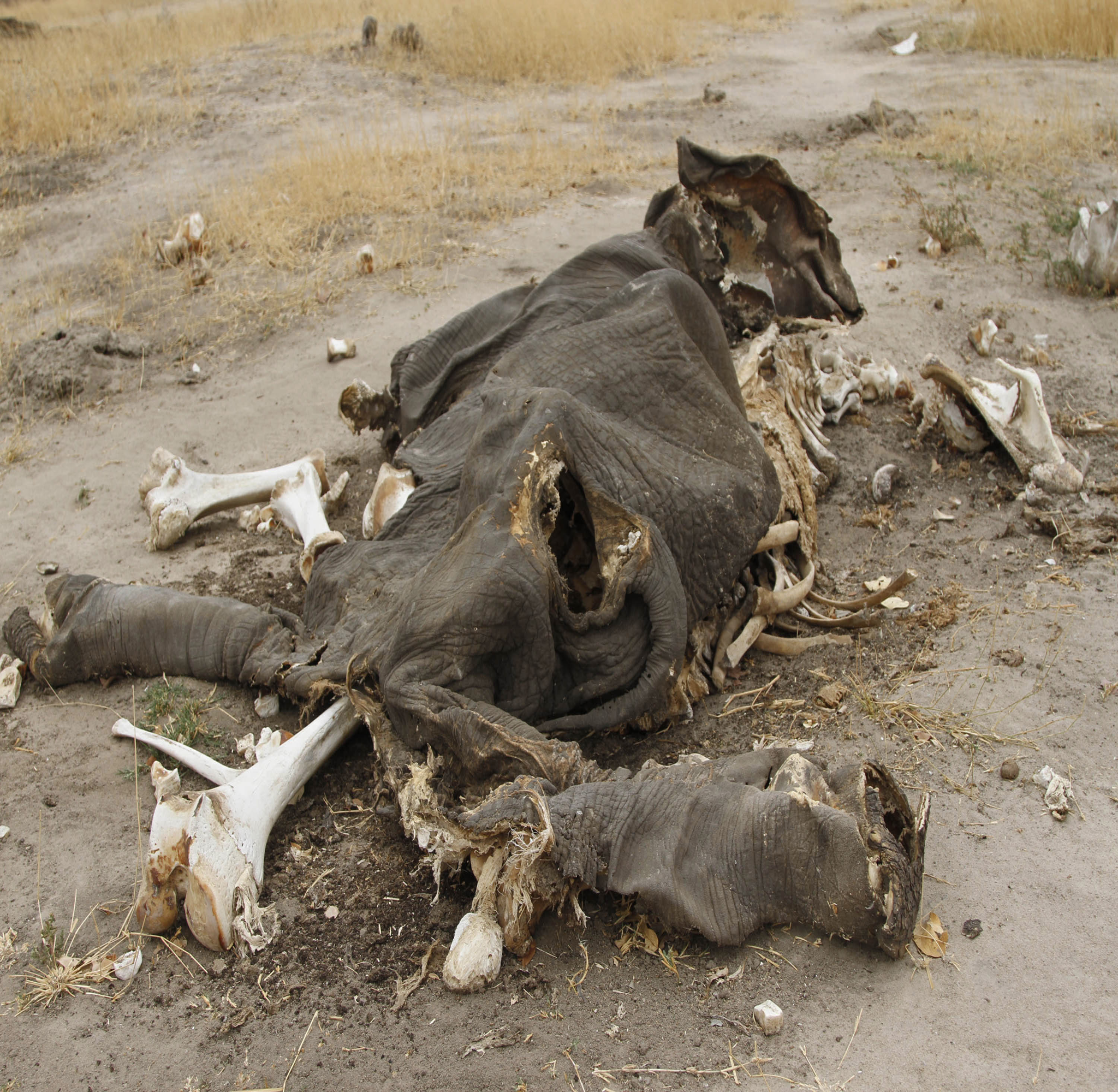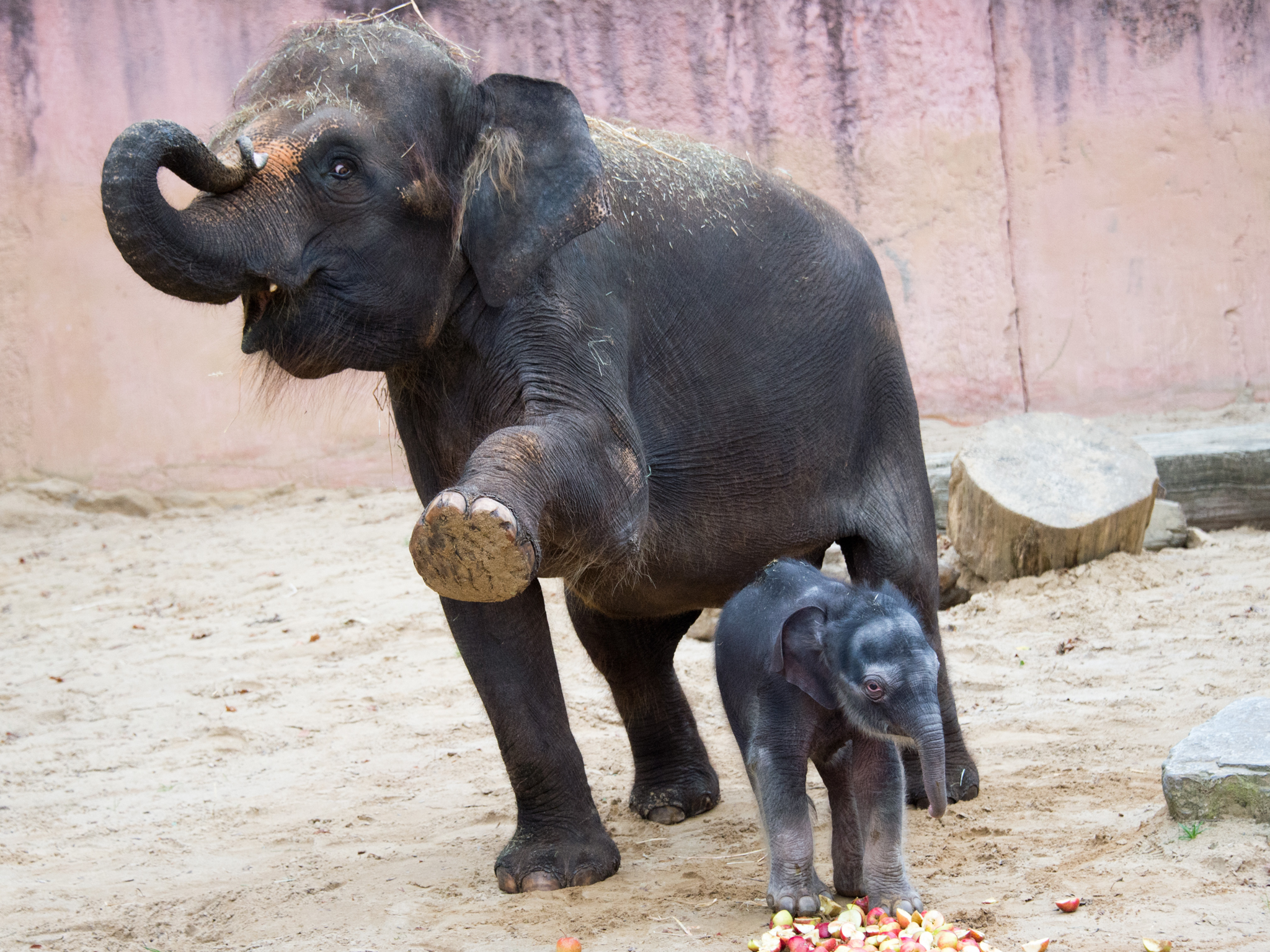Hung, poisoned and mutilated alive: our atrocious abuse of elephants
Elephants are among the most intelligent, gentle creatures on the planet. Yet they have suffered for centuries at the hand of man.

Your support helps us to tell the story
From reproductive rights to climate change to Big Tech, The Independent is on the ground when the story is developing. Whether it's investigating the financials of Elon Musk's pro-Trump PAC or producing our latest documentary, 'The A Word', which shines a light on the American women fighting for reproductive rights, we know how important it is to parse out the facts from the messaging.
At such a critical moment in US history, we need reporters on the ground. Your donation allows us to keep sending journalists to speak to both sides of the story.
The Independent is trusted by Americans across the entire political spectrum. And unlike many other quality news outlets, we choose not to lock Americans out of our reporting and analysis with paywalls. We believe quality journalism should be available to everyone, paid for by those who can afford it.
Your support makes all the difference.Gentle, friendly elephants were part of our childhood landscape.
We grew up with Dumbo and Babar, singing ‘Nellie The Elephant’ as we hugged our cuddly Elmer.
Yet, close the storybook and the real narrative is brutal. For hundreds of years, the largest land mammal on earth has been persecuted to almost the point of extinction by its greatest enemy- man.
Much of their suffering has been due to hunters coveting their ivory tusks. Yet their killers’ methods are often both creative and cruel. Elephants who are killed for their ivory often die slow, agonising deaths after being shot several times. In Zimbabwe, more than 80 elephants died after poachers poisoned their watering holes with cyanide. One particularly barbarous tactic sees poachers target a baby elephant in order to goad the mother, making it easier to shoot her and remove her tusk. Often, the tusks are removed whilst the elephant is still alive and suffering.

Their persecution is nothing new. Elephant ivory trade can be traced back as early as the 14th century BC, but it was during the 17th and 18th centuries that it evolved into a major export. Slaves brought ivory back to Britain to be used for jewellery and piano keys amongst others (there is a wide range of 18th century ivory jewellery on show at The British Museum). Around 1000 tonnes of ivory was brought to Europe at the peak of colonisation.
It was after World War Two that the ivory trade evolved to how we know it today. During the 1980s, the ivory trade was unregulated, and as a result, around 700,000 elephants were killed in one decade alone. In 1990, the Convention on International Trade in Endangered Species (CITES) decided to impose restrictions on the ivory trade, leading to a ban.
Today, poachers across Africa and Asia continue to persecute elephants for their tusks- which now have a value of around £40,000 each. The trade is now particularly large in China and Japan
However, sadly for the elephants, several countries including Zimbabwe and South Africa, chose to ignore the ban. Their reasoning for the continuing trade is that revenue from the ivory trade goes towards conservation work.
Elephants have also suffered as human ‘attractions’, a kind of exotic entertainment for the masses.
Shockingly, some British circuses were still using elephants as part of their act as late as 2009. Cruelty has often been a feature of training, with beatings and electric shocks.This mishandling has often lead to tragedy. In 1903, Topsy the elephant was electrocuted in New York after he killed his trainer- who had burnt his trunk with a lit cigar. And in 1919, a young trainer, Red Eldridge was killed by Mary, a circus elephant in Tennessee, after he used a painful hook on her ear. Mary was then publicly executed in front of 2,500 people. She had to be hung twice, after the first attempt only succeeded in breaking her hip.
Today, just 650,000 elephants remain on the planet, and they are in real danger of extinction. By supporting Space For Giants through the Independent’s Christmas Appeal, we can help ensure that these majestic creatures begin to be treated worldwide with the respect that they deserve.

http://www.independent.co.uk/voices/campaigns/elephant-campaign/
Join our commenting forum
Join thought-provoking conversations, follow other Independent readers and see their replies
Comments